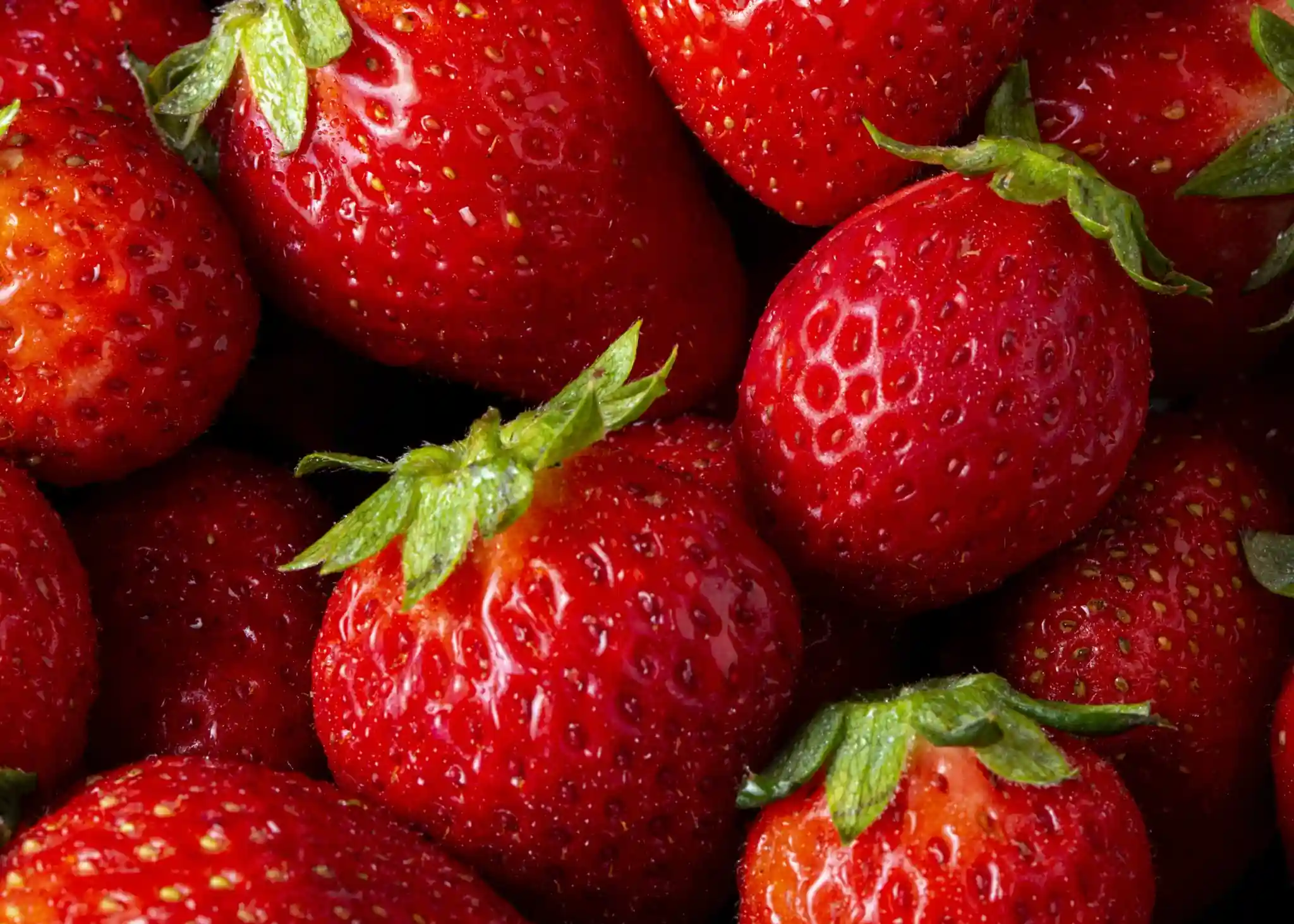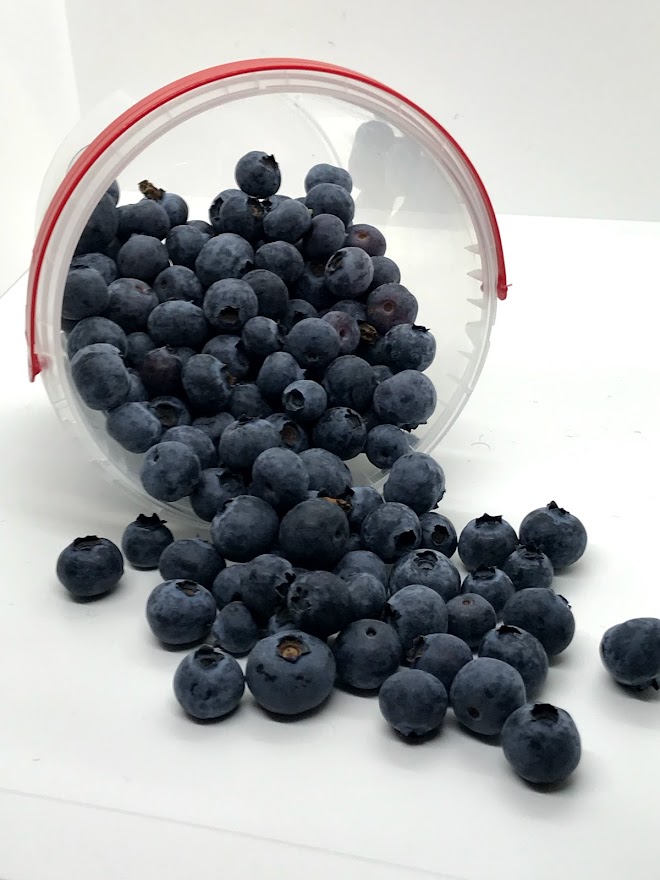Berries have long been appreciated for their delicious taste and appealing appearance, but their value goes far beyond that. Among them, the strawberry stands out as a truly versatile “superfruit” and a nutrient powerhouse, enriching our daily diet with significant health benefits.
California strawberries, available year-round, are an excellent example of this nutritional richness.
A Concentrate of Essential Nutrients
Strawberries are not only sweet and low in calories (one serving has less sugar than an apple and half the calories of a banana), but they are also a true nutritional powerhouse. They are an excellent source of potassium, folate, and fiber, and represent the most widely available source of vitamin C among fresh fruits.
Just one cup of strawberries provides 95% of the recommended daily value of vitamin C. In addition, they are rich in phytonutrients, particularly anthocyanins and flavan-3-ols, known for their preventive and therapeutic effects.

Key Health Benefits
Scientific research has extensively explored the nutritional value of strawberries, shifting the focus from “if” to “how” they positively impact human health. Eating just eight strawberries a day can lead to eight key health benefits:
• Immune Support: Thanks to their high vitamin C content, strawberries actively support the normal functioning of the immune system.
• Cardiovascular Health: Combined intake of strawberries and blueberries has been linked to reduced risk of heart attack. Daily strawberry consumption has shown a significant reduction in total cholesterol. They also contain potassium, which helps regulate blood pressure and prevent strokes.
• Diabetes Management: The anthocyanins in strawberries may help reduce inflammation, oxidative stress, and insulin resistance — all risk factors for type 2 diabetes (T2DM). Clinical studies suggest that consuming strawberries can help lower blood sugar levels, especially when eaten within 2 hours of a meal.
• Brain Health Support: A recent study suggests that eating berries more than twice a week may delay cognitive aging by up to 2.5 years. Strawberries, rich in vitamin C, pelargonidin, anthocyanidins, and total flavonoids, may reduce the risk of Alzheimer's disease and related dementias.
• Anti-Inflammatory Action: Anthocyanins in strawberries may help reduce inflammation.
• Potential Cancer Prevention: Research suggests that eating eight strawberries a day may help reduce the risk of certain cancers, and the vitamin C and polyphenols present may play a preventive role.
• High in Fiber and Folate: Strawberries are a great source of fiber and folate, essential nutrients for overall well-being.
• Antioxidant Properties: Vitamin C and other phytonutrients act as powerful antioxidants, fighting oxidative stress in the body.

From Farm to Table
Most strawberries grown in the United States (90%) come from California, where over 300 farming families — many descendants of immigrants and generational growers — are dedicated to their production.
These farmers are pioneers in sustainable growing practices, with significant advances in organic farming, resource conservation (such as drip irrigation to reduce water use), and pest management.
California produces more organic strawberries than anywhere else in the world, and many conventional farmers also use organic practices to reduce pesticide use. It’s important to note that both organic and conventional strawberries are considered safe to eat, with pesticide residues well below safety standards.
All California strawberries are hand-picked to ensure the highest quality, and no GMO California strawberries are grown or sold.

Versatility and Usage Tips
Strawberries are fully ripe at harvest and do not ripen further. For best quality, choose berries that are bright red with a natural glossy appearance and fresh green caps.
Keep them dry in the crisper drawer of the fridge for 2–3 days. To freeze, simply remove the stems, place them on a wax paper-lined tray, and freeze uncovered for 24 hours before transferring them to a freezer bag or container.
Whether fresh or frozen, strawberries can be incorporated into every meal of the day — from breakfast to desserts to savory dishes. Their versatility makes them an easy addition to boost the nutritional value of any recipe.
Berries and Well-Being
Like all berries, strawberries offer a valuable contribution to a mindful and functional diet. Their exceptional nutritional profile, strongly backed by research, combined with sustainable farming practices, makes them a strategic choice for anyone aiming to enhance their well-being.
Regularly incorporating strawberries into your diet means investing in the health of your heart, brain, immune system, and metabolic balance — contributing to a lifestyle that places wellness at its core.
Image source: Freepik
References:
🫐 Well-being & Health with Berries 🍓This article is part of the editorial series Wellness & Health with Berries, which brings scientific research closer to everyday life, promoting berries as allies for well-being. The series offers clear, up-to-date, and evidence-based content designed to inform consumers and support all operators in the berry supply chain. |








